'Where birds and a wild Englishman roamed': The world's first nature reserve granted listed status
Waterton Park in West Yorkshire was the 'prototype for the modern nature reserve', and has been rewarded by Historic England with protection. Annie Elwes tells the story of the man behind it.

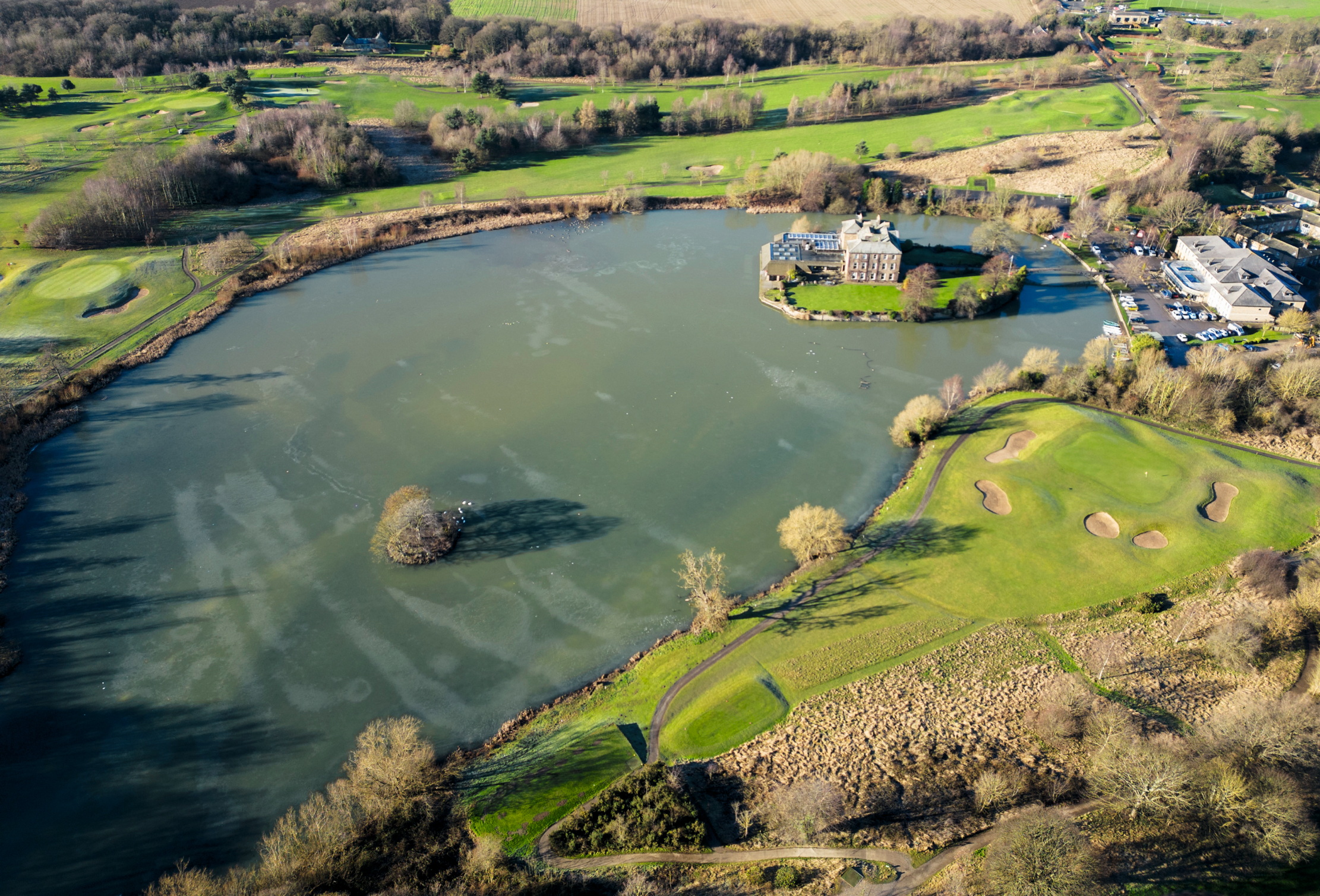
The world’s first nature reserve, Waterton Park in West Yorkshire, has been granted protection by Historic England with a Grade II listing. Upon inheriting the Walton Hall estate in 1805, naturalist and conservationist Charles Waterton (1782 – 1865) went against the attitudes of his peers by forbidding shooting on the land, banning fishing between late autumn and early May and barring keepers and dogs from entering during nesting season.
He planted trees, created habitats and allowed one end of the lake to become swamp-like for herons and waterfowl. Waterton even abstained from alcohol in order to save up to build a stone wall, more than 8ft tall and three miles long, to keep out foxes and poachers and safely contain both local and migratory bird species; it took five years.
He built towers for birdwatching (a pastime he also enjoyed at night from a hollowed-out tree); one winter, he counted 5,000 wildfowl. Various birds ‘may thank their lucky stars that they have my park wall to protect them,’ he wrote in 1849, as would members of the public, whom he invited into the park free of charge.
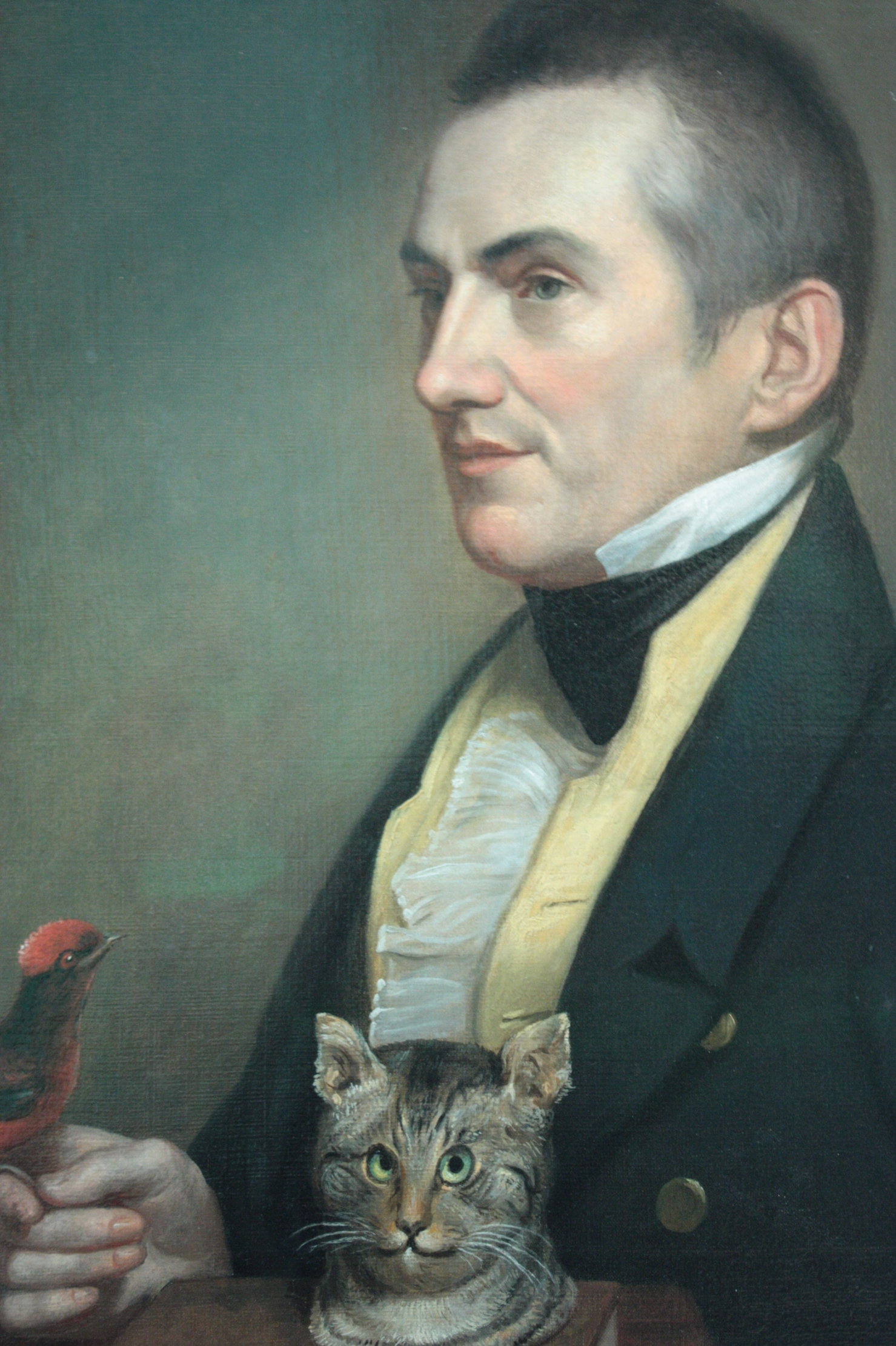
‘Charles Waterton was a true visionary who recognised both the value of protecting wildlife and the powerful link between Nature and our wellbeing,’ comments Sarah Charlesworth, listing team leader for Northern England. ‘With Waterton Park, he created a prototype for the modern nature reserve, where wildlife and humans can exist in harmony for their mutual benefit.’
A Catholic whose ancestors fought at Crécy and Agincourt, Waterton, after spending time managing his father and uncle’s sugar plantation in Guyana, wrote that ‘slavery can never be defended’.
After his wife died, he vowed never to sleep on a bed again, preferring the floor, with a wooden plank for a pillow. It’s also rumoured that, when friends came for dinner, somewhat eccentrically, he was known to spend the entire evening mimicking a wild animal, climbing around on all fours and hanging from pieces of furniture.
A friend of Charles Darwin and a pioneering taxidermist, he wrote on birds and animals, including Wanderings in South America (1825), is credited with inventing the bird nesting box and, in the 1830s, won the earliest known court case against pollution (a soap works was polluting his lake).
Exquisite houses, the beauty of Nature, and how to get the most from your life, straight to your inbox.
Waterton Lakes National Park in Canada, now part of a UNESCO World Heritage Site, is named after him. Waterton’s family house, Walton Hall, is now Waterton Park Hotel (www.watertonparkhotel.co.uk), which, with Waterton Park Golf Club, co-owns the nature reserve.
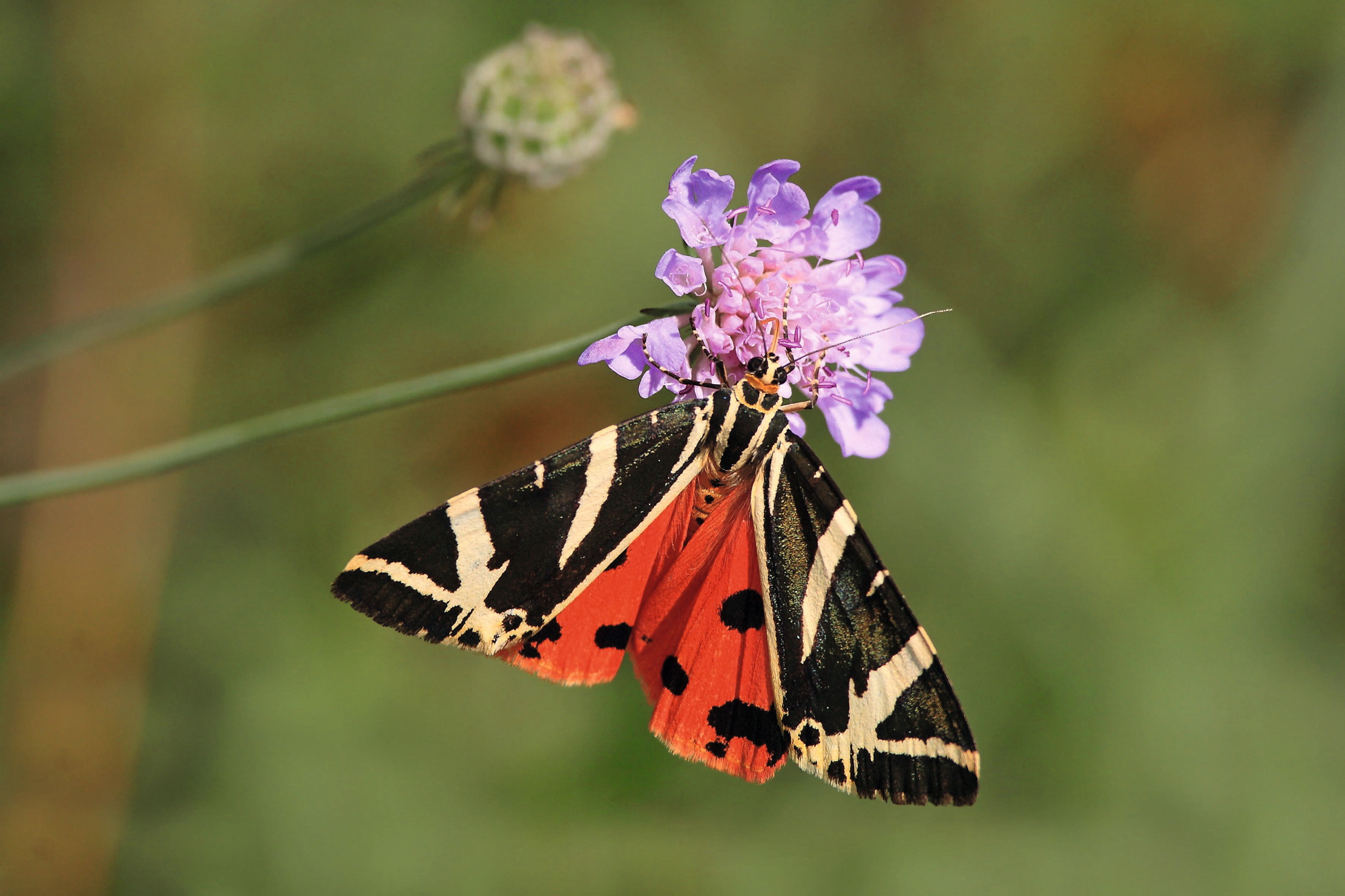
Counting butterflies to calm the anxious mind
A new study suggests that taking the time to watch and count butterflies can reduce anxiety, as well as providing
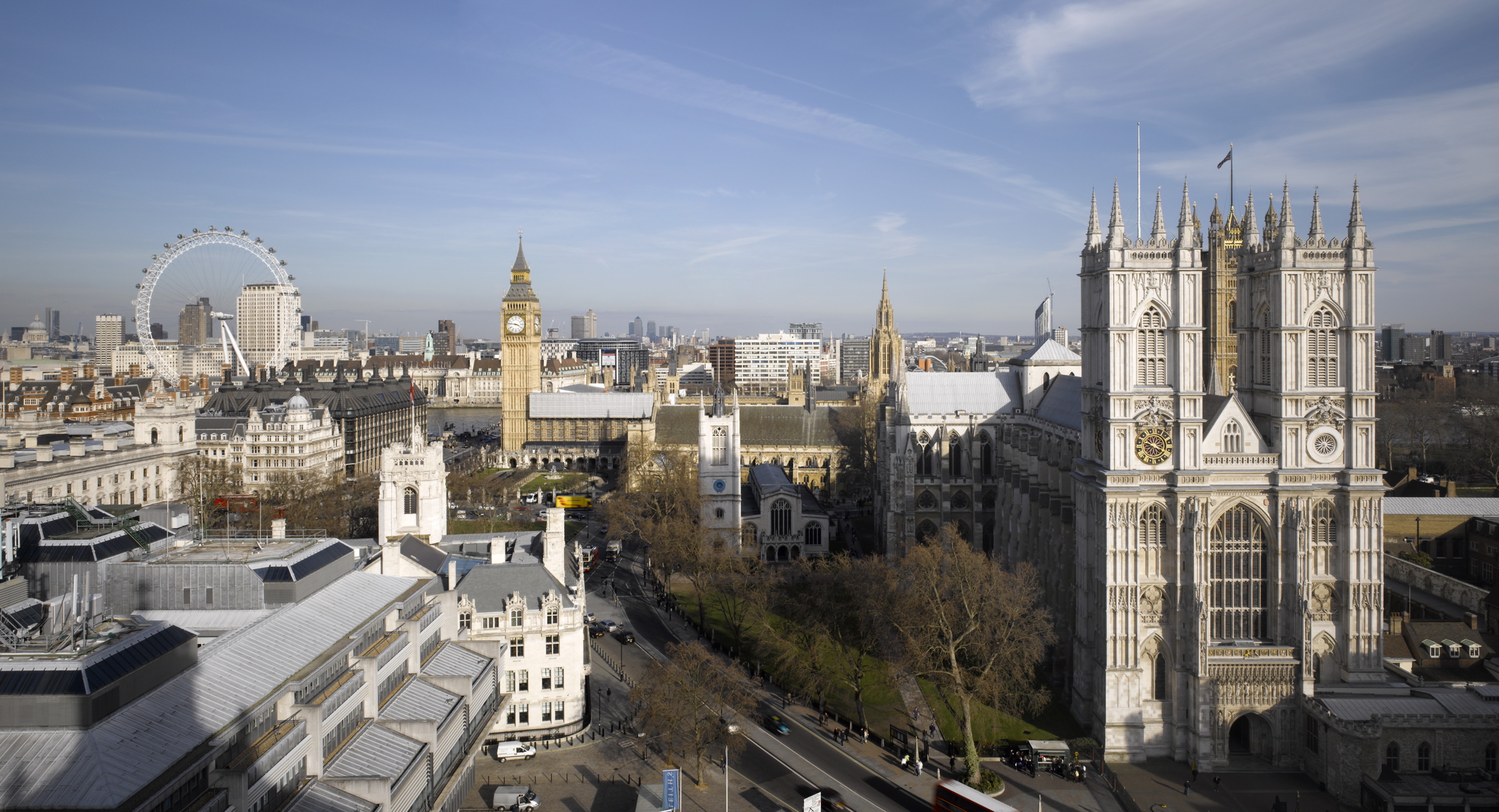
Credit: James Brittain/Getty Images
Leading museums and attractions slowly returning to pre-Pandemic levels, with London leading the way
According to the Association of Leading Visitor Attractions, visitor numbers were up by 19% last year.
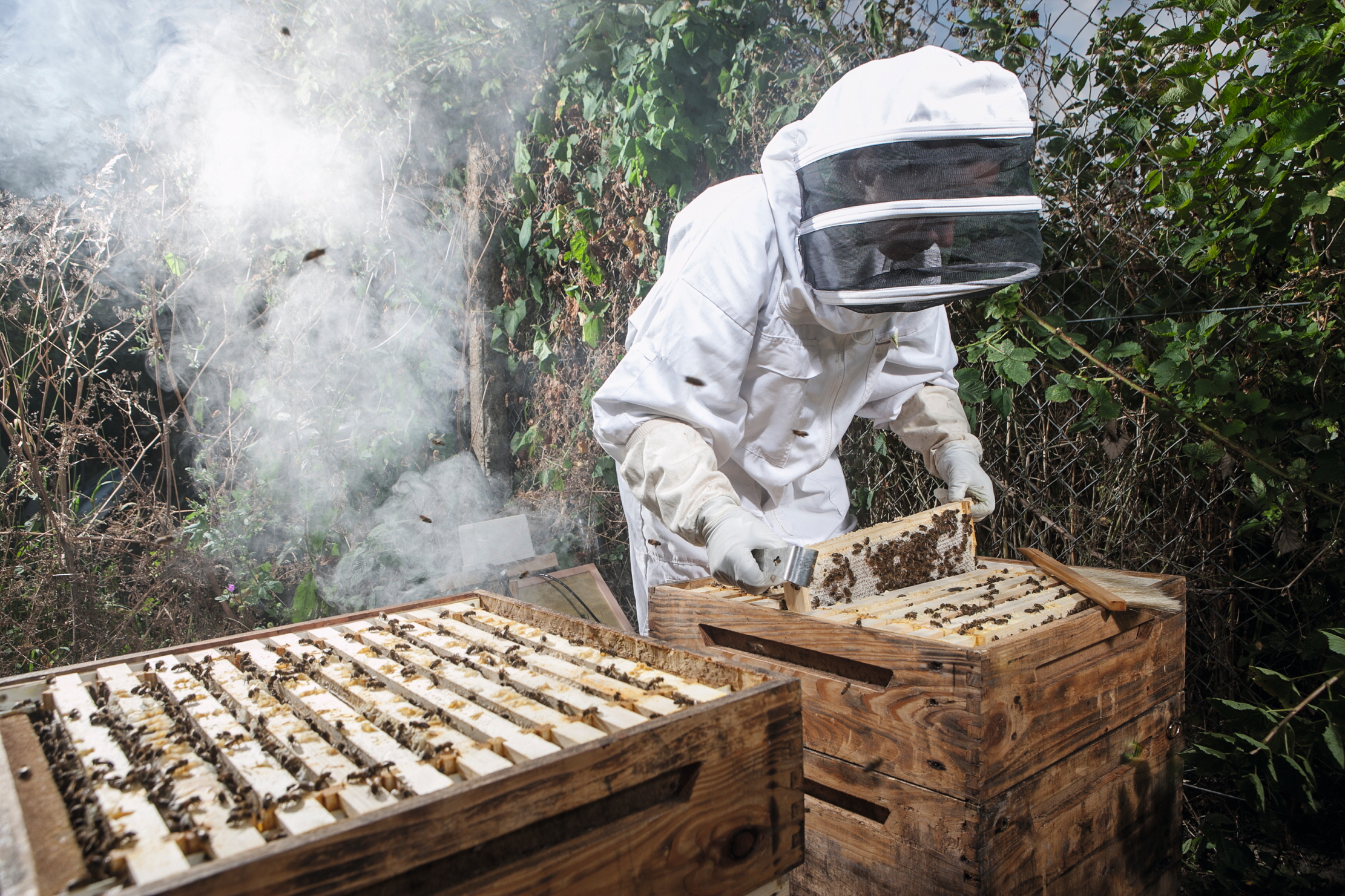
Credit: Richard Cannon
The buzz is back, says British Beekeepers Association, which celebrates its 150th anniversary
The number of beekeepers and hives has increased since the lows of the early 2000s, but there is still more
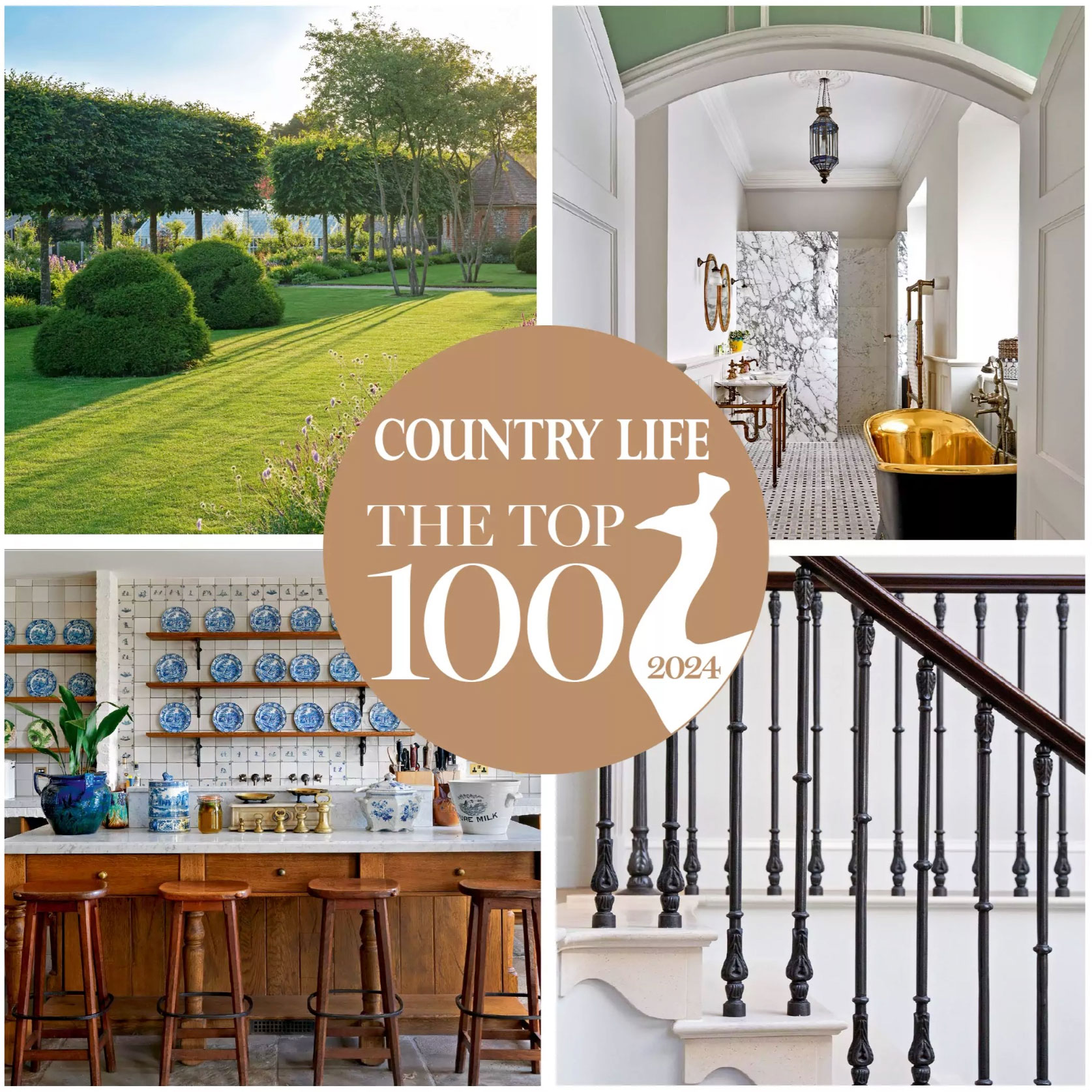
Country Life's Top 100: The magic of timelessness
Giles Kime's executive editor and interiors guru — and the man in charge of putting together our annual Country Life Top
Annunciata is director of contemporary art gallery TIN MAN ART and an award-winning journalist specialising in art, culture and property. Previously, she was Country Life’s News & Property Editor. Before that, she worked at The Sunday Times Travel Magazine, researched for a historical biographer and co-founded a literary, art and music festival in Oxfordshire. Lancashire-born, she lives in Hampshire with a husband, two daughters and a mischievous pug.
